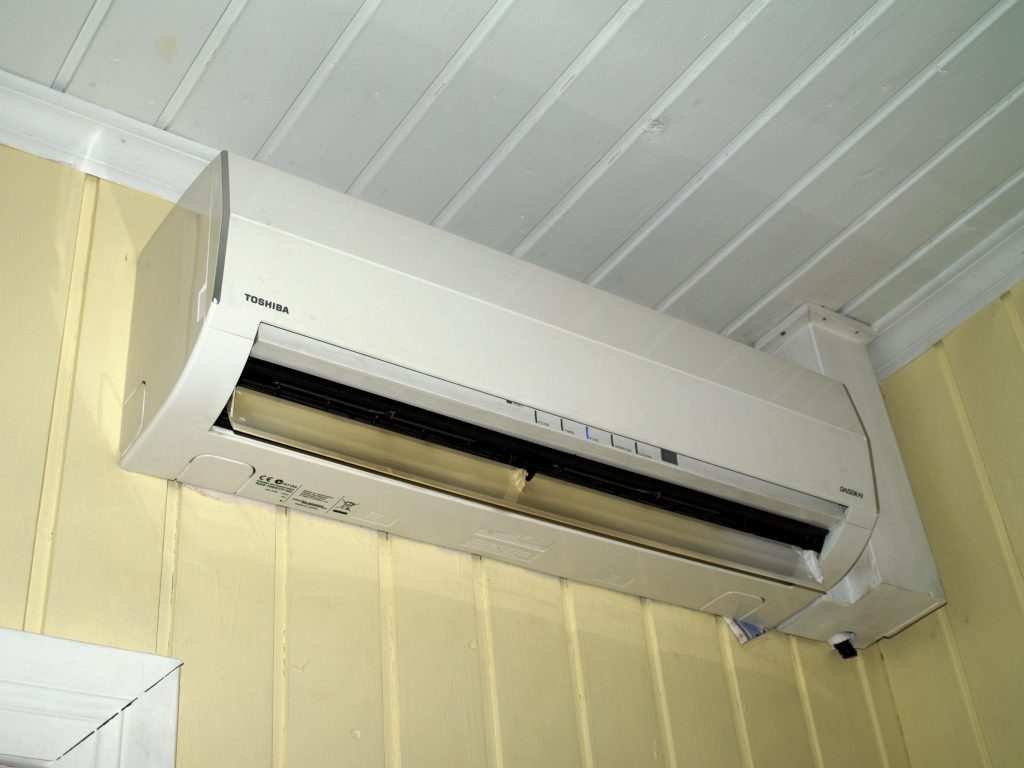 How often should an air conditioner be serviced? It depends on the recommendation of the manufacturer, but every HVAC unit is best inspected every few years to be safe. Household units tend to be robust and able to work for over a decade without much maintenance, but inspection is a preventative measure, and timely refrigerant filtering can extend the lifespan of a unit.
How often should an air conditioner be serviced? It depends on the recommendation of the manufacturer, but every HVAC unit is best inspected every few years to be safe. Household units tend to be robust and able to work for over a decade without much maintenance, but inspection is a preventative measure, and timely refrigerant filtering can extend the lifespan of a unit.
The summer is still sweltering hot, and there is a chance that next year’s summer will be warmer. It is essential to make sure that your air conditioning system has the right refrigerant pressure and a smoothly working compressor. Since most units are not overpowered for the size of the house, any drop in efficiency could overwork the system and leave the house in general uncomfortable due to the inability to generate sufficient cooling.
There are a lot of reasons that an air conditioner can reduce its efficiency, and the only two that the user can cure is to change the air filter or else look for particle buildup on the radiator fins. Other problems are mechanical or have to do with the refrigerant, and only a certified HVAC technician can work on these.
It pays to have a technician look at everything if the unit is performing below expectations. It is good to have the unit inspected anyway because many units leak refrigerant slowly or experience inefficiency due to particle buildup or moving part failure. Smaller units are more likely to fail because they are easier to overwork or loose pressure.
Understanding Why Air Conditioning Systems Fail
The air conditioner is the most expensive utility in most homes because it consumes so much electricity. It is also the hardest to do without because summer heat creates so much discomfort inside a large house. Proper air conditioning makes indoor living comfortable and also reduces stress on the body. Some people even need the humidity-stripping ability of AC to support their health.
Given the monetary investment, the homeowner should understand why this important utility might fail. They also should understand that the filter removes everything from dust to mites that are suspended in the air. Neglecting the filter can reduce its effectiveness while also increasing resistance on the HVAC fan. A person with allergies might use a finer filter, but this also increases stress on the fan.
The most common problem is that the filter becomes clogged, and this causes the HVAC system to overwork. Eventually, clumps of particles tear holes in the filter and eventually come in contact with the heat exchanger, also known as the radiator. This unwanted layer of insulation further reduces efficiency, and further increases demand on the unit.
An inefficient system wears out faster and also costs substantially more power to operate. A badly fouled radiator might develop external ice particles and possibly create a hole. If the refrigerant does not leak, then the compressor eventually wears out. Essentially a rapid gas pump, the compressor is less robust than the metal fan that moves air and is likely to be replaced at least once in the lifespan of an HVAC unit.
The good news is that your air conditioning system can easily be restored to peak performance by replacing the old refrigerant and installing a new compressor. The more expensive option is to install a new HVAC unit. This installation might create energy savings of 20 to 40 percent. The only way to save more money is to increase insulation, and that is a whole other profession.